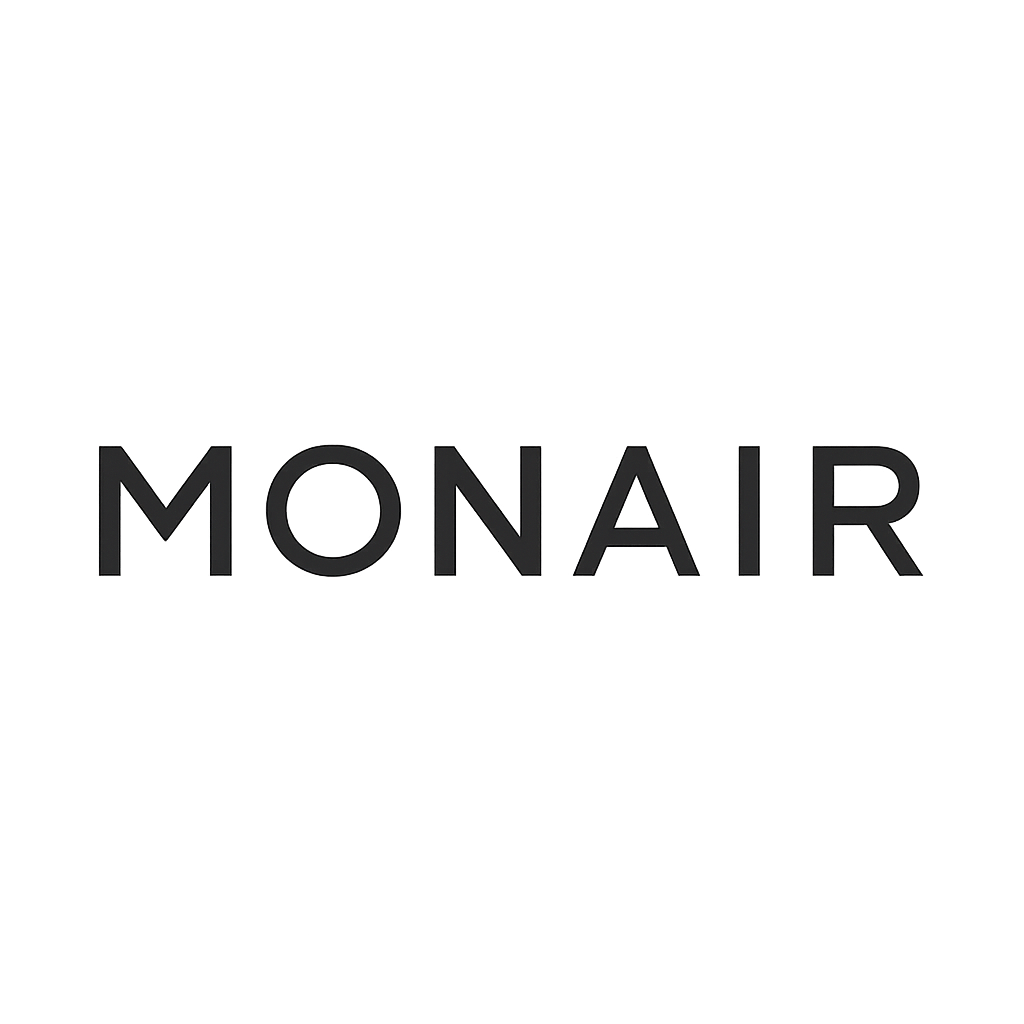Translational Research in Brain Health, Systemic Recovery, and Cognitive Optimization
My research bridges personal experience with scientific investigation. After navigating the neurological impacts of multiple concussions, I’ve focused my work on understanding and improving brain function, cognitive performance, and physiological resilience across diverse conditions — including TBI, burnout, and long-COVID.
I design and study non-invasive, biomarker-informed protocols that aim to restore clarity, reduce fatigue, and support whole-system recovery. This includes integrating EEG metrics, autonomic nervous system data (like HRV), metabolic profiles, and cognitive testing (e.g., TMT, reaction time) to track meaningful change — not just symptom relief, but measurable improvements in function.
My approach prioritizes translational research that’s both rigorous and practical — using real-time data to refine what works and guide future interventions.
-
An Examination of the Combined Effects of Multi-Modality Therapy on Cognitive Rehabilitation in Traumatic Brain Injury Patients
Results showed significant improvements in executive function, processing speed, and emotional regulation after integrative treatment combining oxygen therapy, light therapy, and molecular hydrogen. A promising look into non-pharmacologic approaches for post-TBI recovery.
-
Multimodal Therapeutic Approach for Post-Concussive Symptoms and Cognitive Recovery: A Case Report
This case report details the clinical outcomes of a 60-year-old female patient experiencing persistent post-concussive symptoms and cognitive fatigue. The integrative approach highlights the potential of non-pharmacological, systems-based interventions for enhancing brain resilience and recovery in chronic mild traumatic brain injury.
-
The Effects of Mild-Hyperbaric Oxygen Therapy on Cognitive Function and Symptom Relief in a 35-Year-Old Male with Post-Concussive Symptoms Following a Motor Vehicle Accident: A Case Report
This report examines the neurocognitive recovery of a 35-year-old male who presented with persistent post-concussive symptoms. This case underscores the clinical utility of mHBOT as a targeted, non-invasive intervention for post-traumatic cognitive dysfunction.
-
The Combined Effects of Tart Cherry Powder and Magnesium L-Threonate Supplementation on Cognitive Function and Sleep Architecture: A Pilot Study in Healthy Adults
This controlled pilot study investigated the potential synergistic effects of tart cherry powder and magnesium L-threonate on sleep architecture and cognitive performance in healthy adults. These findings suggest that this dual-supplement regimen may modulate sleep neurophysiology while supporting cognitive optimization, highlighting its relevance in both preventative health and performance-based protocols.
-
Evaluating the Impact of Hyperbaric Oxygen, Photobiomodulation, and Molecular Hydrogen Therapy in a 26-Year-Old Retired Soccer Player with Persistent Post-Concussion Symptoms
This case report explores a multimodal, non-invasive intervention targeting persistent post-concussion symptoms in a 26-year-old former professional soccer player. This report supports the potential efficacy of synergistic, athlete-tailored protocols in the context of neurorehabilitation and long-term post-TBI recovery.
Where Innovation Meets Application
I’m actively seeking collaborators, research partners, and forward-thinking brands who want to bring neuroscience into real-world recovery and performance. Whether you're working in wearables, tracking technology, nutrition, or physical performance—if you’re building something that can push the brain and body further, I want to hear from you.
Research Interests Include:
Concussion / TBI Recovery – Comprehensive protocols to enhance healing and neuroplasticity
Autonomic Nervous System Rebalancing – HRV, SNS/PNS shifts to optimize recovery
Cognitive Performance Tools – TMT, reaction time, processing speed assessments
Post-Concussive & TBI Protocols – Combining technology and non-pharmacologic interventions
Non-Pharmacologic Interventions – mHBOT, photobiomodulation, hydrogen therapy
Metabolic Brain Support – Exogenous ketones, functional nutrition for cognitive health
Long-COVID Brain Fog & Fatigue – Interventions to restore mental clarity and processing speed
Age- & Gender-Specific Neuroplasticity Responses – Tailoring protocols based on individual needs
I’m particularly focused on how wearables and tracking technologies can be integrated into personalized recovery and performance protocols. Nutrition and physical exercise also play a critical role in optimizing the brain’s capacity for recovery and sustained performance.

